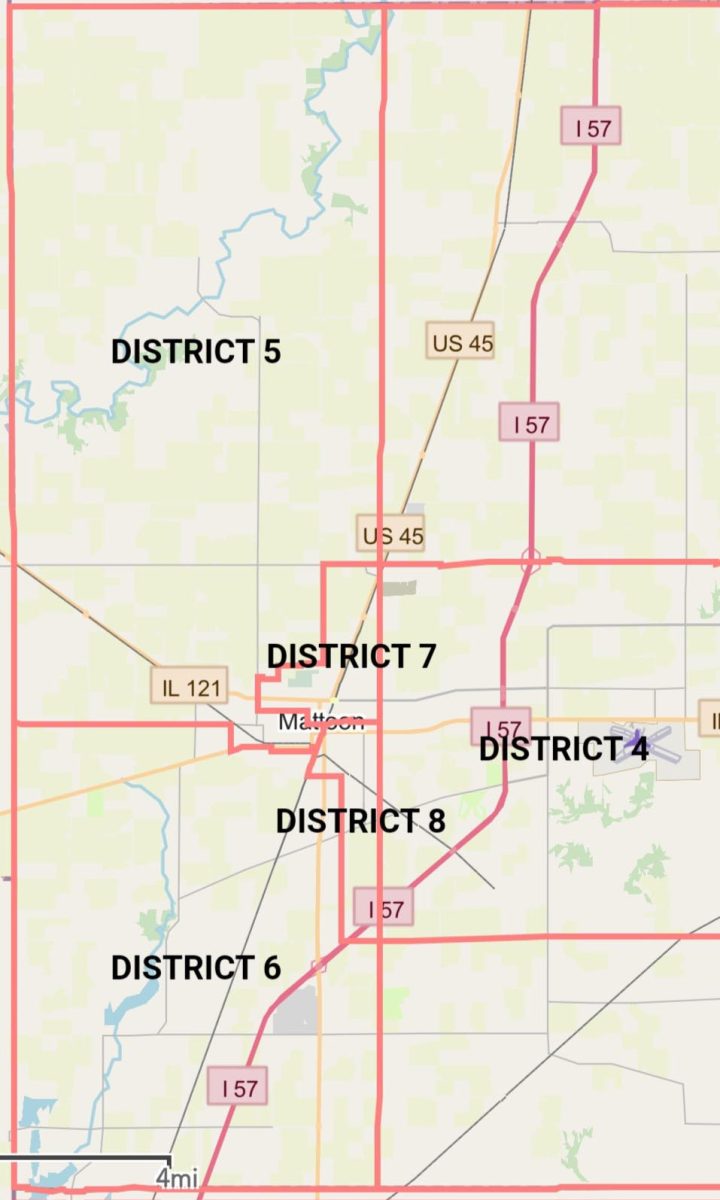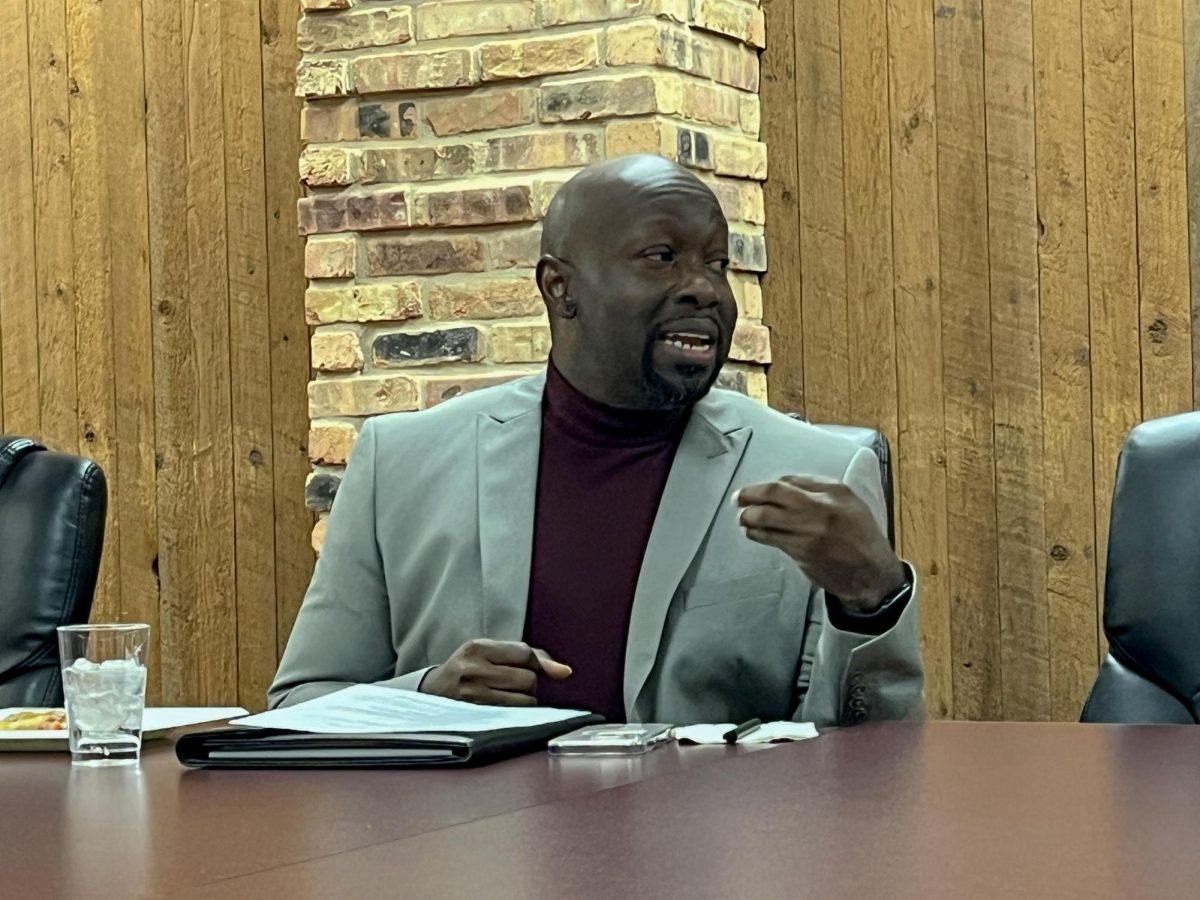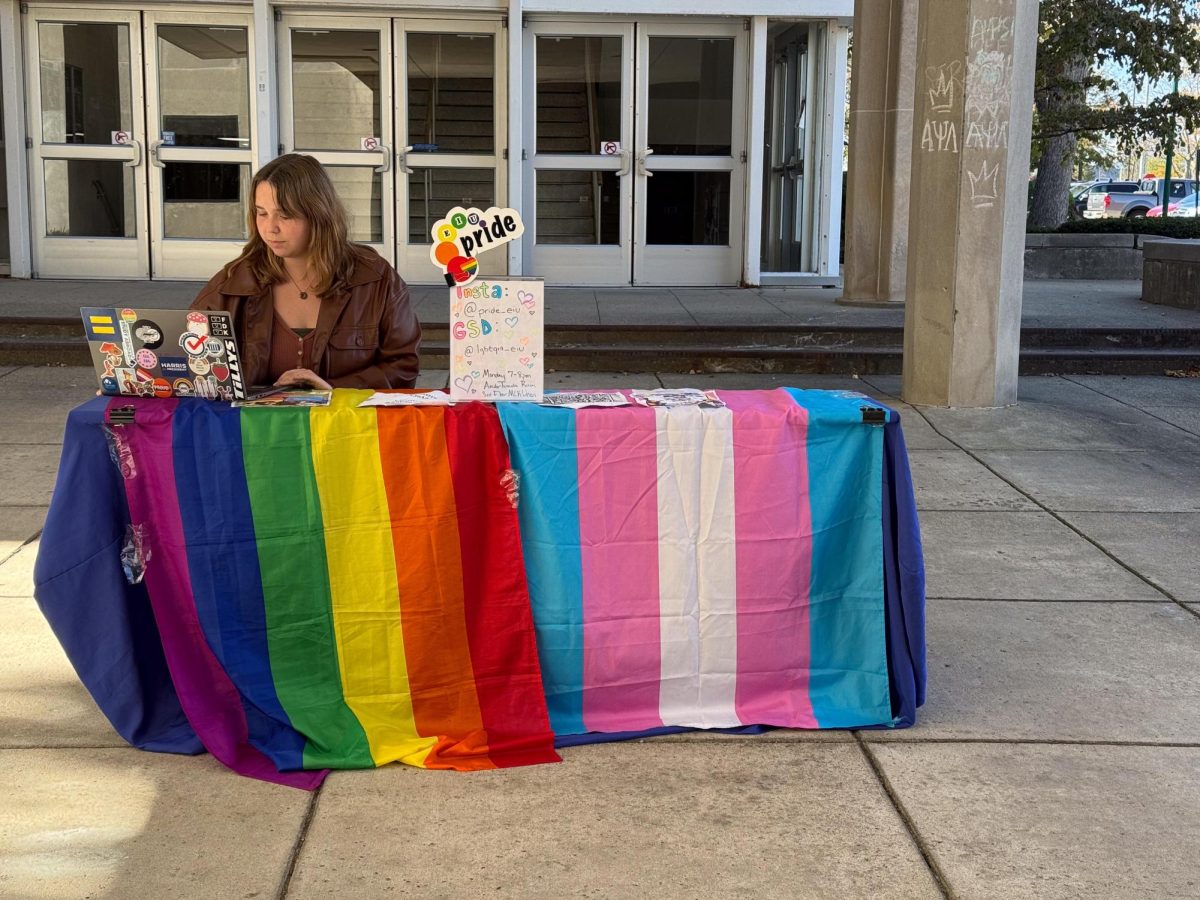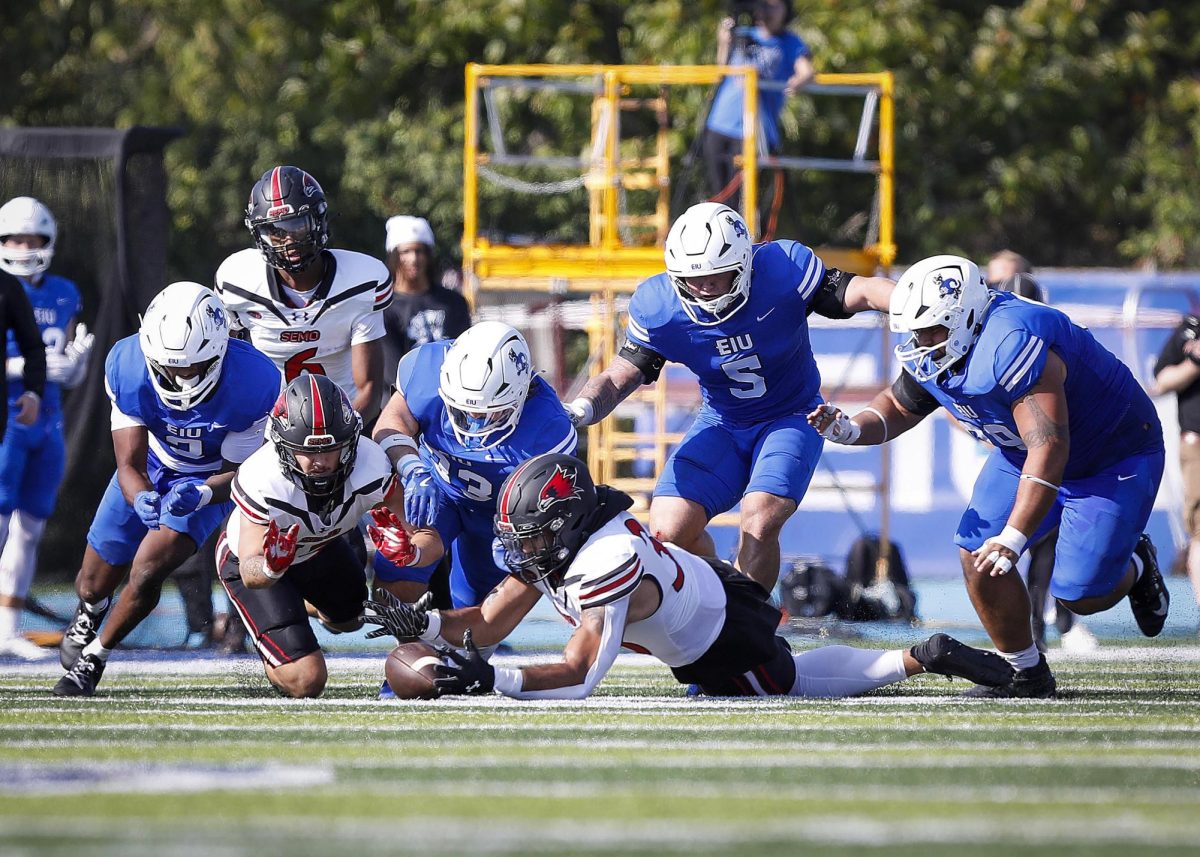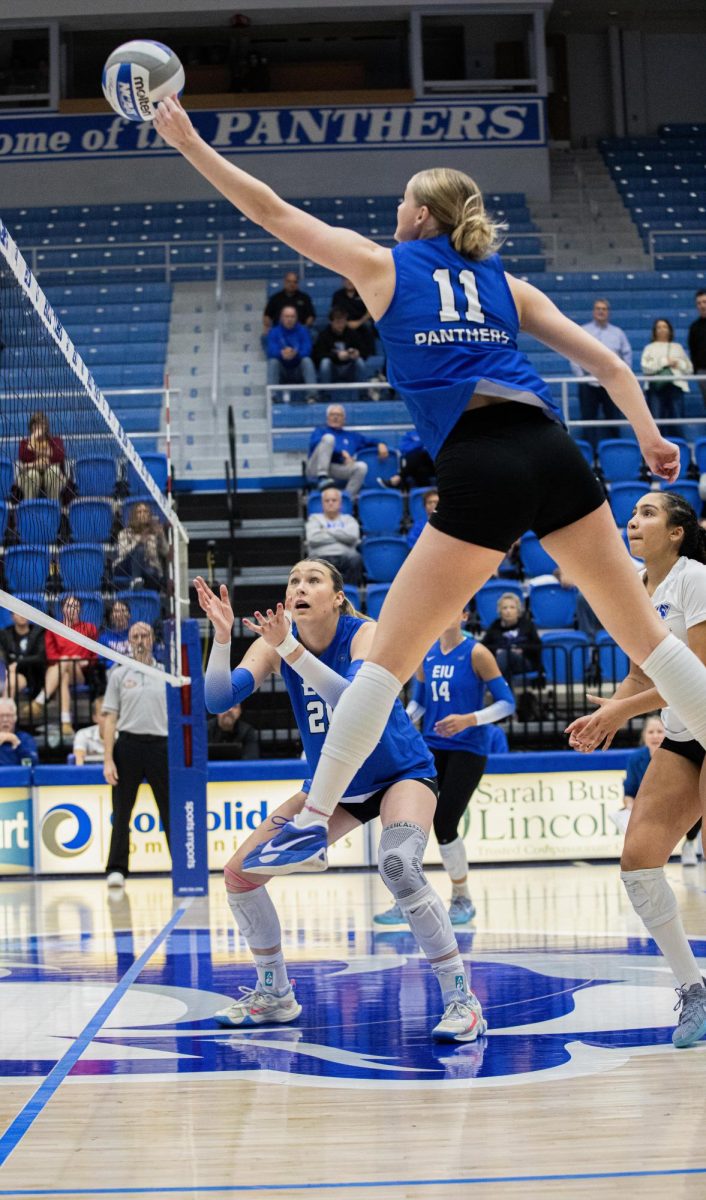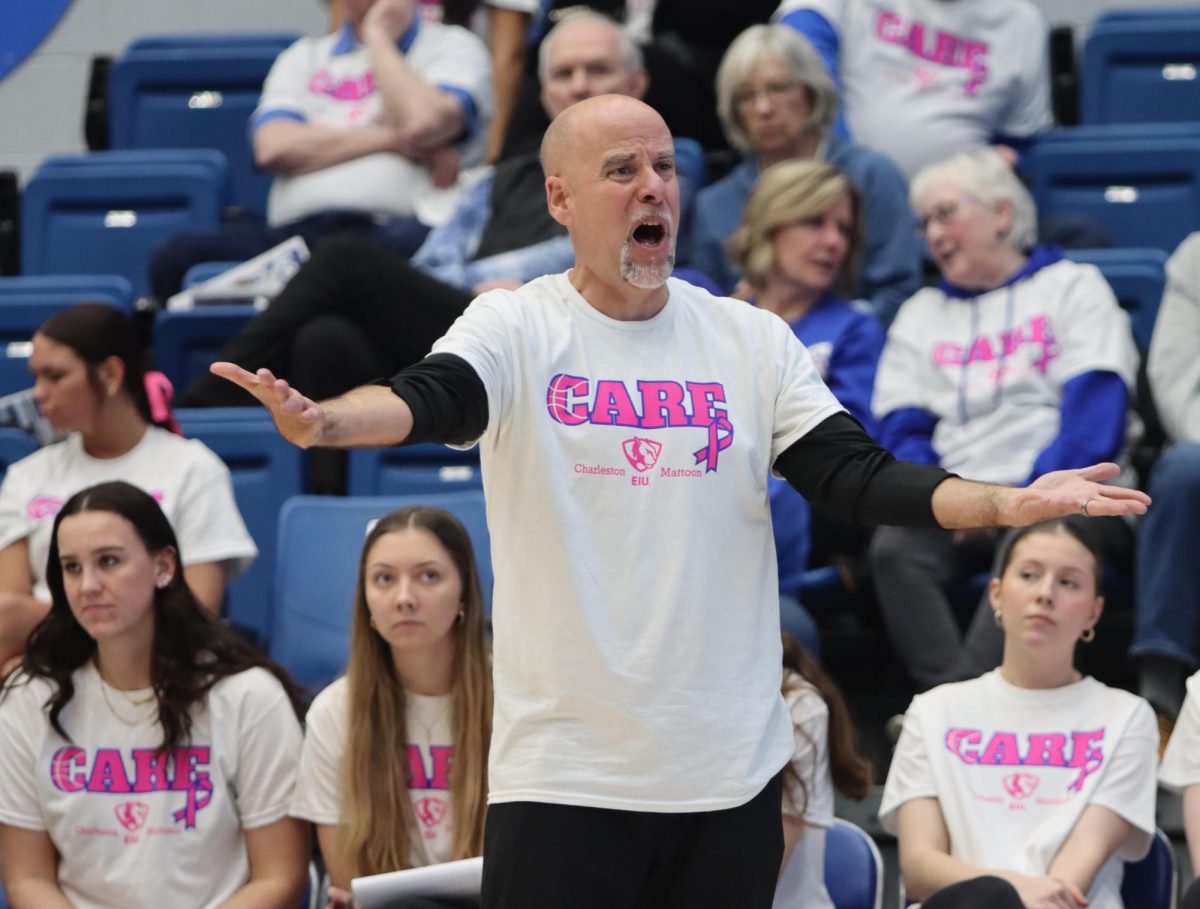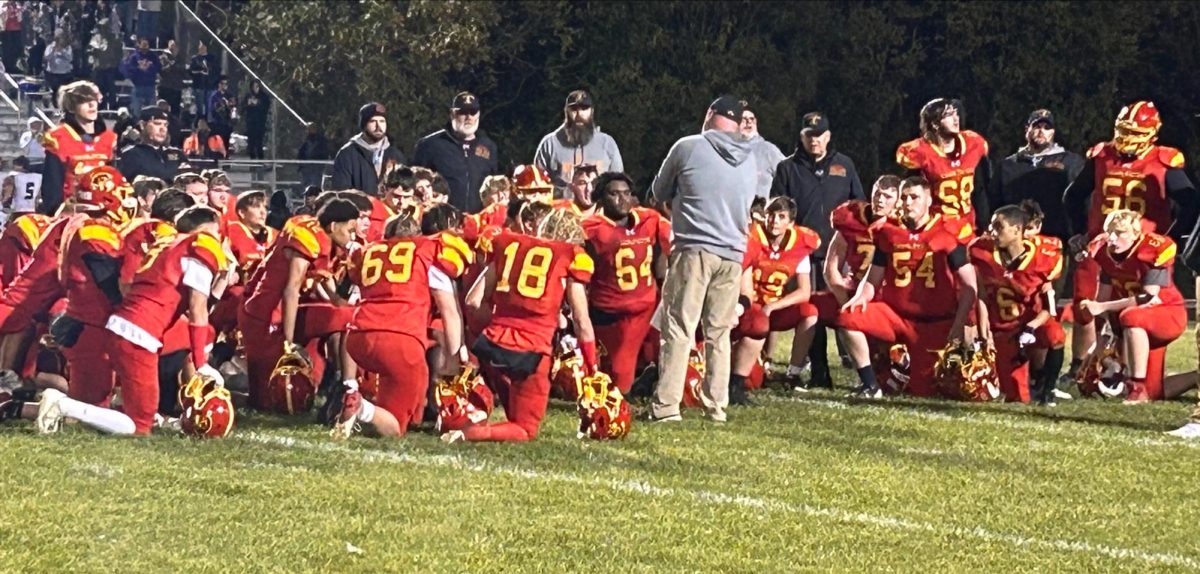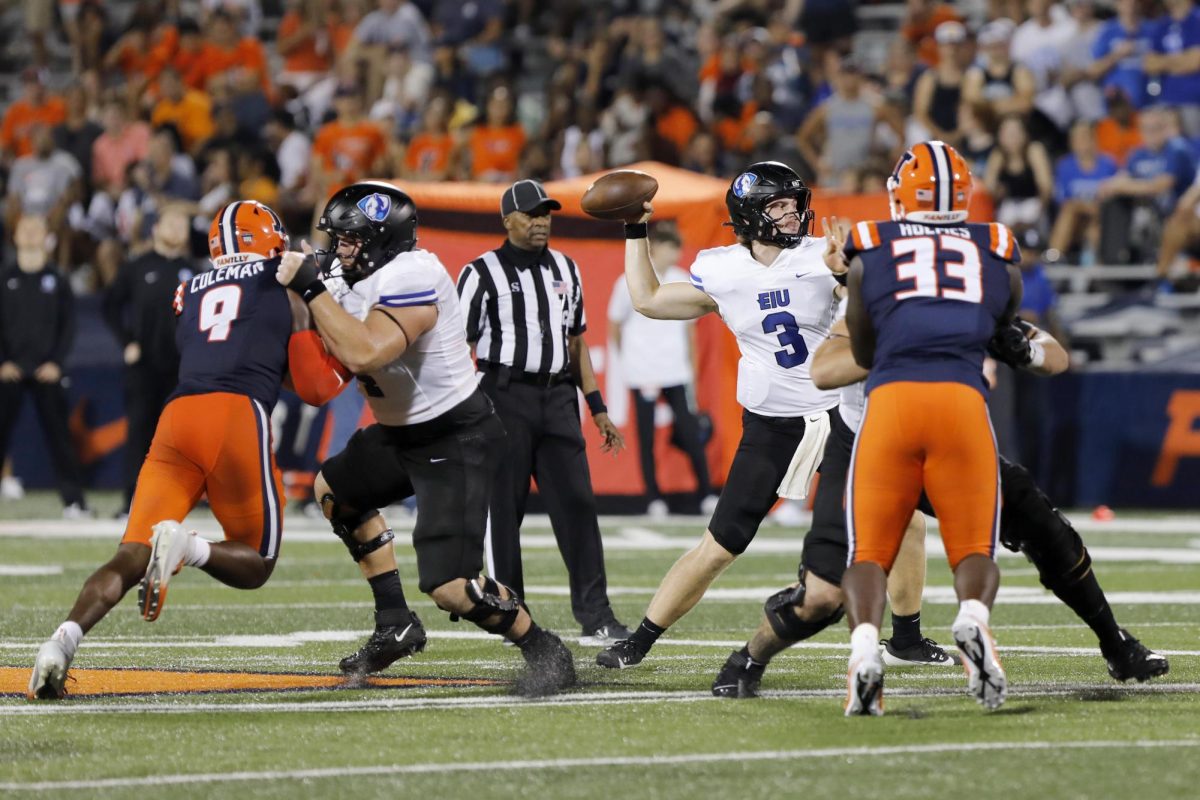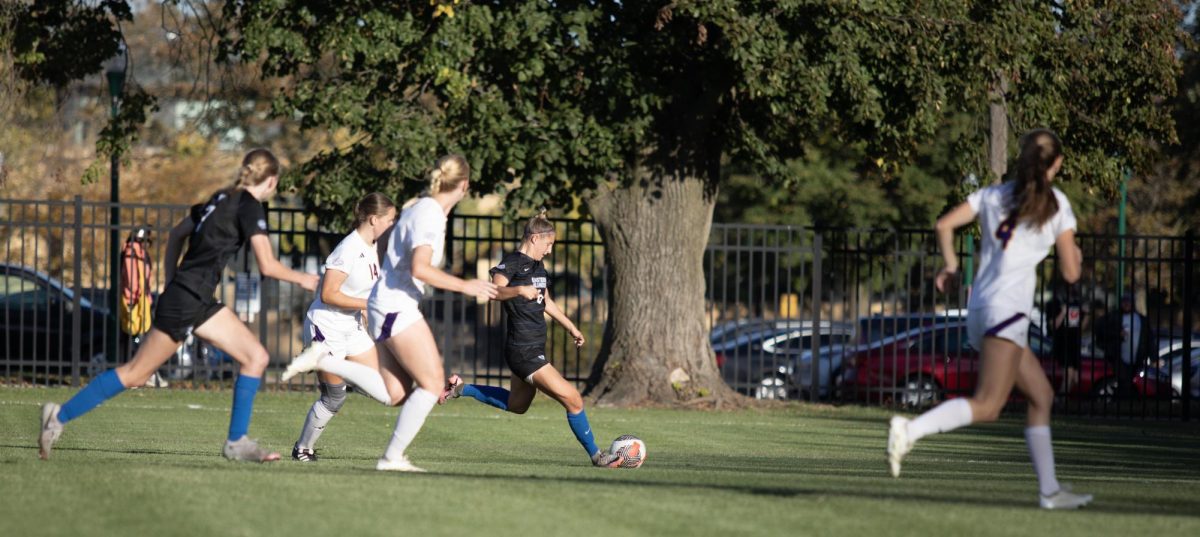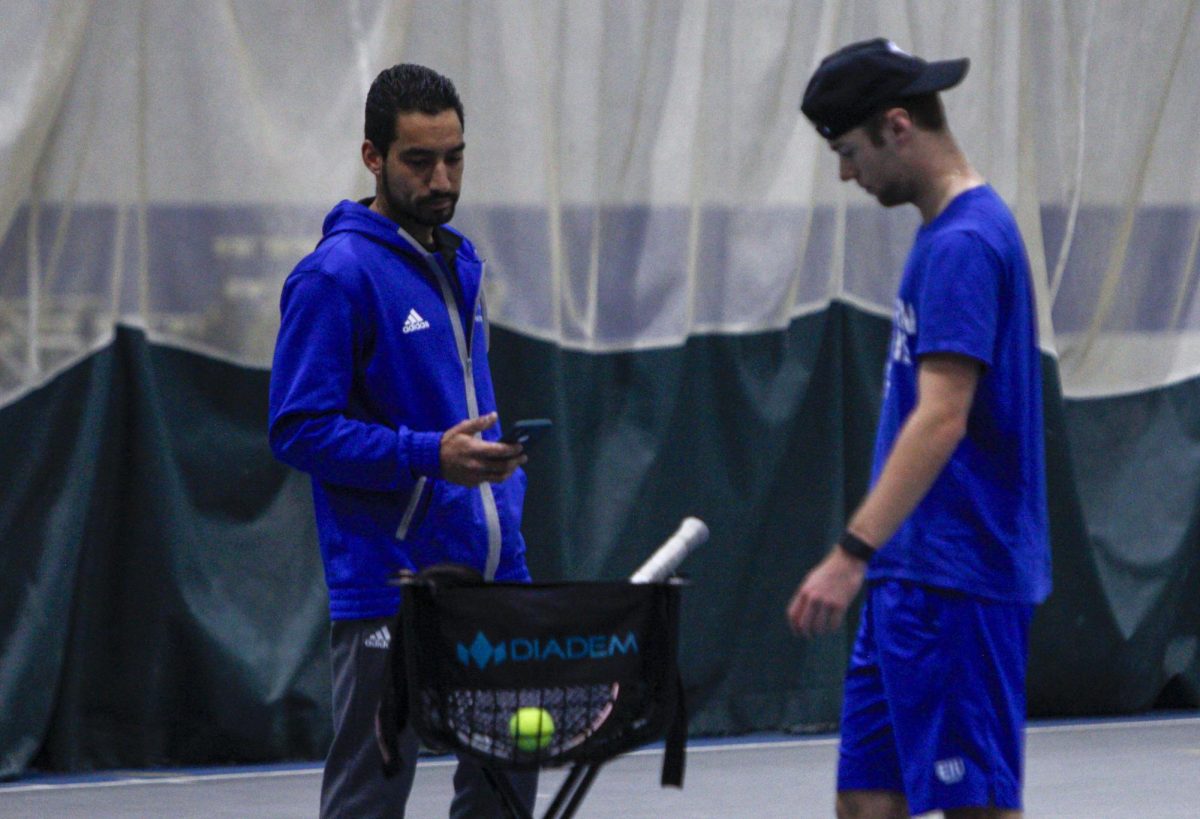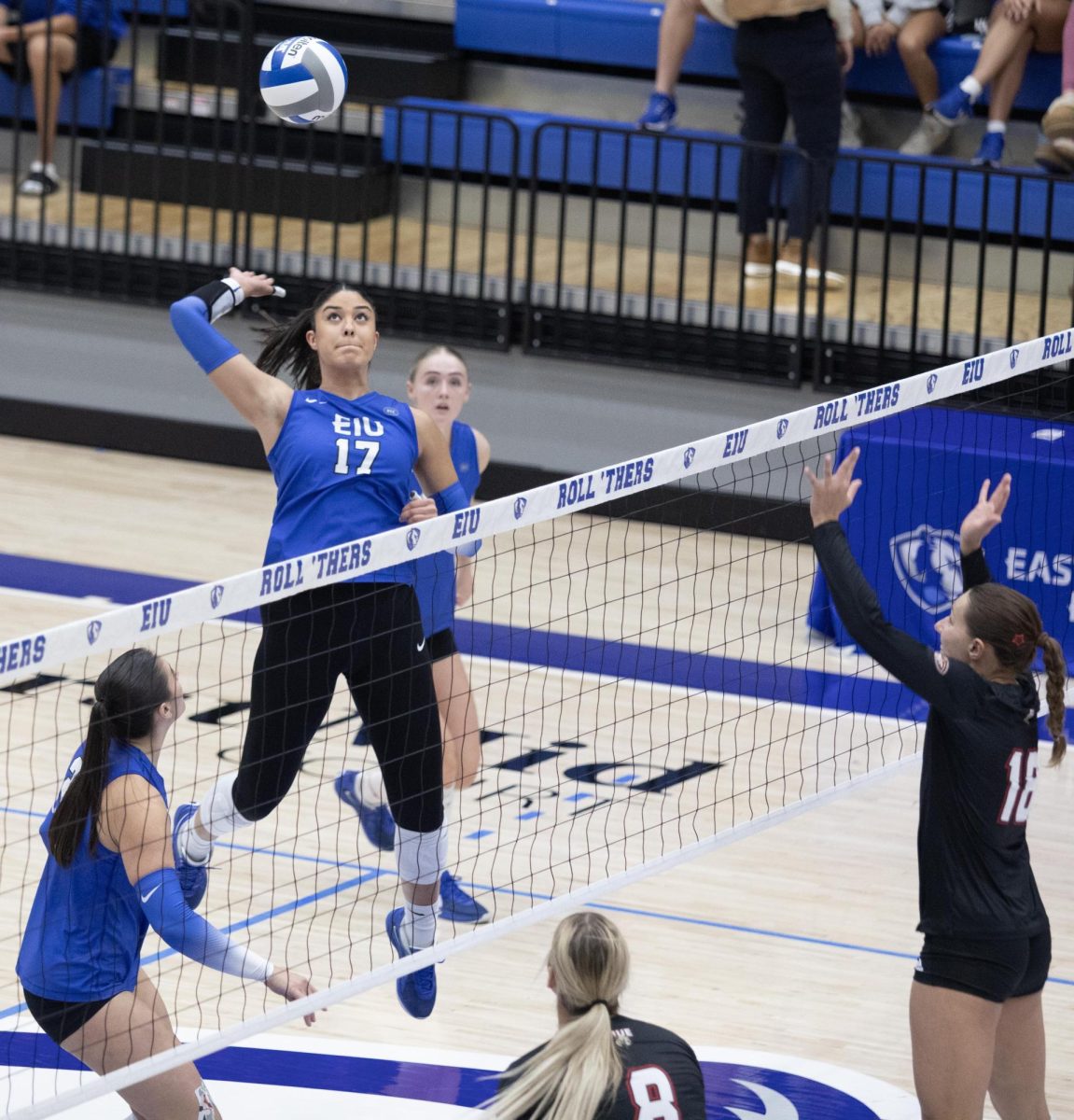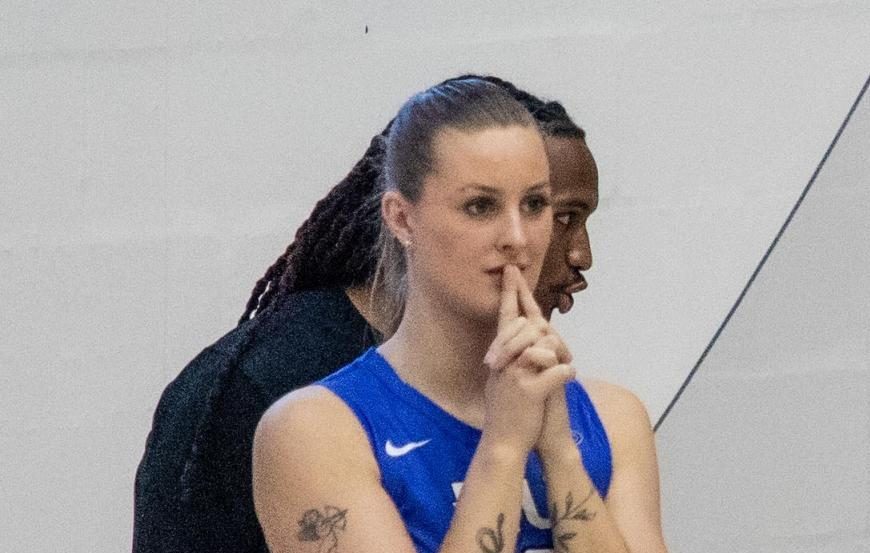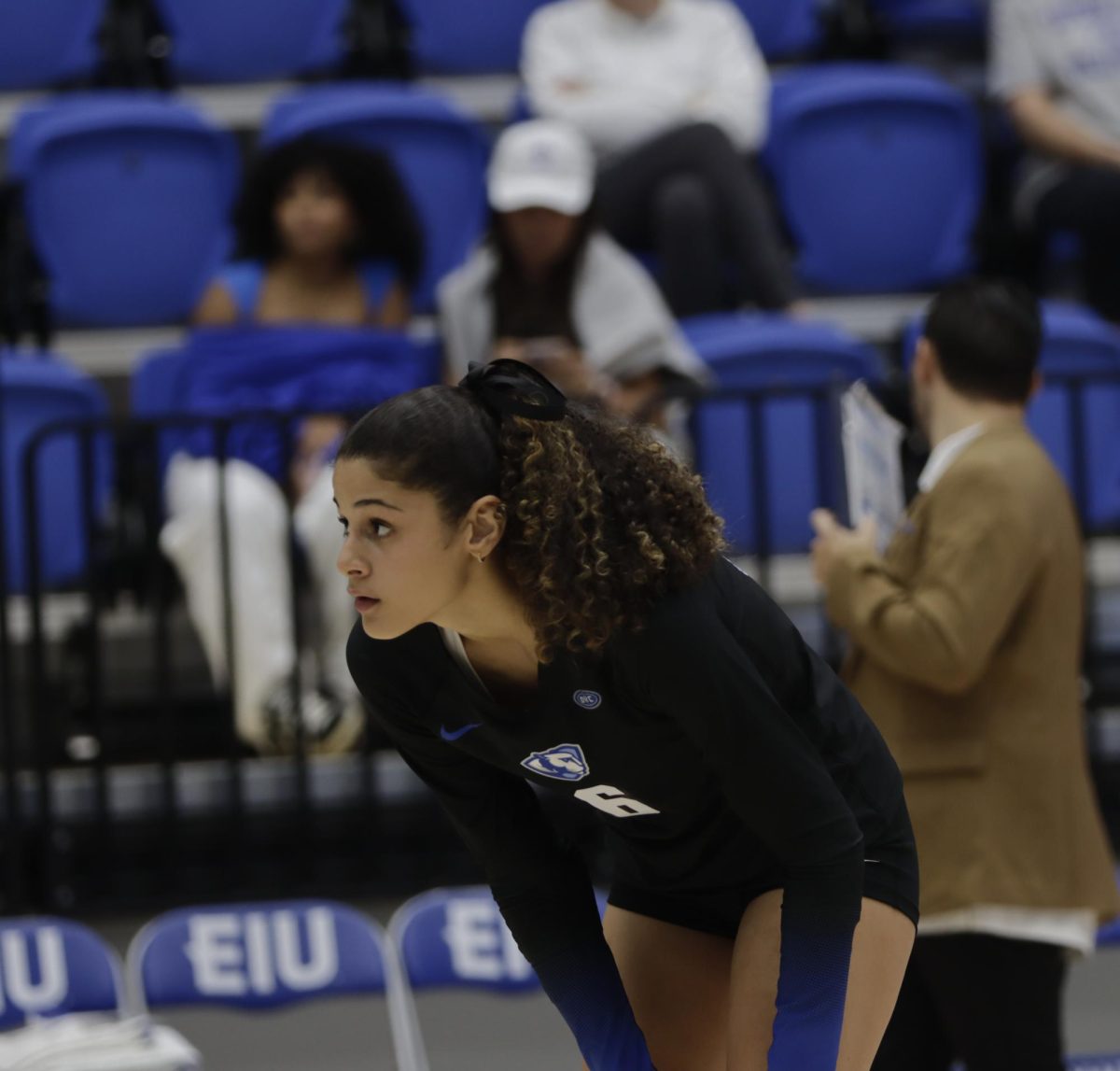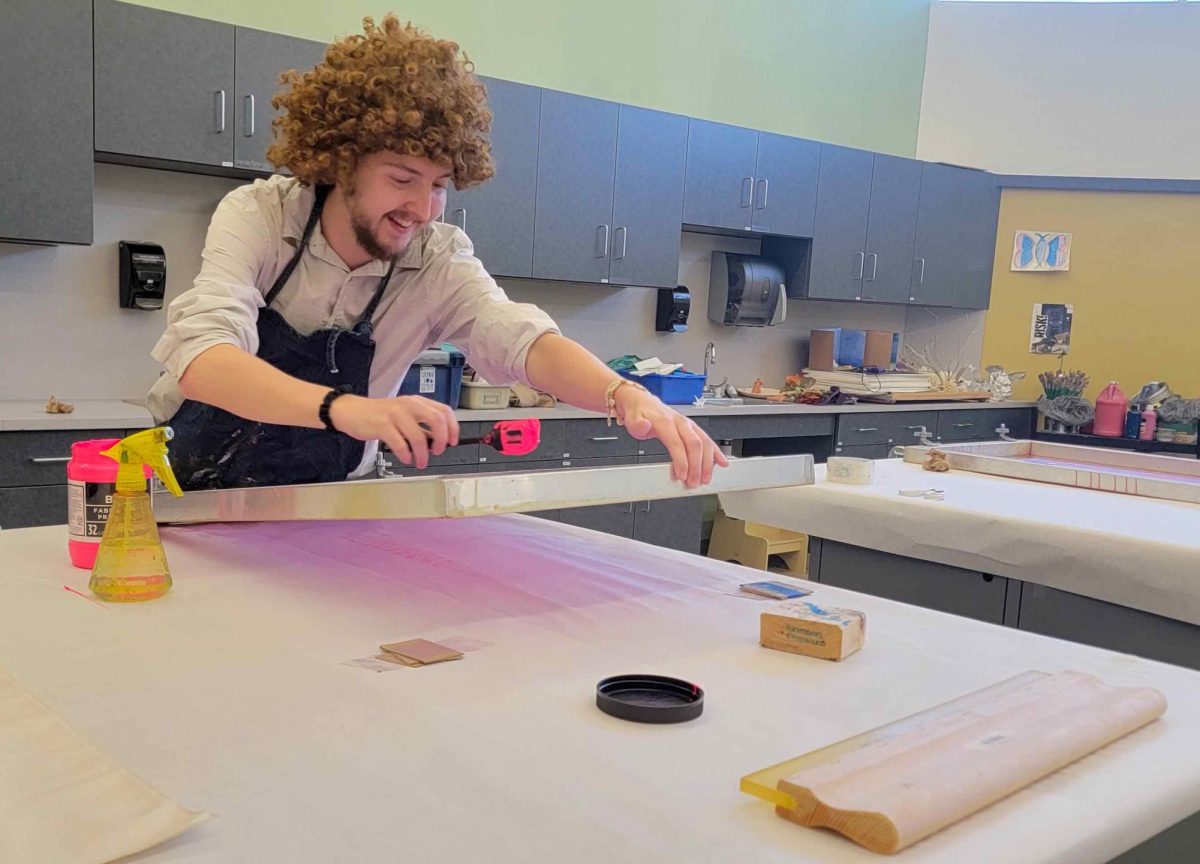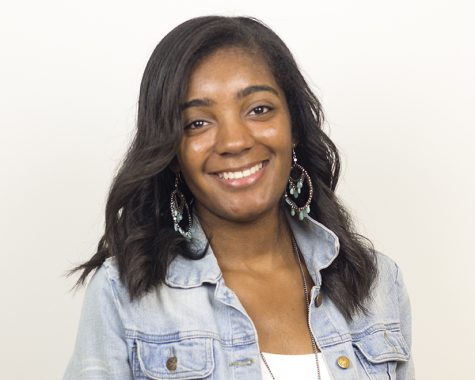Workgroup make plans to arrange, analyze data
February 6, 2017
Workgroup No. 8, Academic Visioning I, determined how they will analyze survey results and how they will begin formatting their final recommendations during its Friday meeting.
Workgroup member Ryan Hendrickson, interim dean of the graduate school, said the group will look at how to increase enrollment when analyzing the suggestions from the surveys and the programs that were requested during a town hall meeting open to the campus last Thursday.
“The overall charge of the project is enrollment growth, so I would think enrollment growth is what would drive how we think about our recommendations,” Hendrickson said. “That’s why we are here and what we are trying to achieve.”
Workgroup Chair Jeff Stowell, a psychology professor, wanted to establish how the members would prioritize the recommendations. More data will be available during the Workgroup’s next meeting once the surveys are closed on Wednesday, Feb. 15.
The workgroup is using four main categories to structure its recommendations: new and modified programs, degree completion programs, signature programs and micro degrees.
Stowell gave two ways of prioritizing the data and said the group could either rank the programs by criteria or by suggestion order.
Feasibility is important, but this aspect should not be the focus and could be determined by Eastern President David Glassman, Stowell said.
“Everything that has come in besides the surveys are in the updated report, then I think we should rank each program on potential for enrollment, and I think that’s it,” Stowell said.
Workgroup member Kimberly Kuspa, a student, said it is important to keep in mind how realistic the suggestions are and determine how quickly they can be implemented when prioritizing the recommendations
“We have to think ground-level, what do we want to see now, because big, grand ideas are kind of our thing but we have to be realistic,” she said.
The members also cleared up its confusion about micro degrees. During the town hall meeting several participants suggested different subjects for the micro degrees: inclusive leadership, critical thinking, life skills and financial literacy.
Stowell said the micro degrees are different from certificate programs and from minors because of the target audience.
“I believe our minors are primarily for our four-year students on campus, whereas these micro degrees will be for post-baccalaureate students who either re-tooling or continuing education credits, and maybe they just want another credential to strengthen their job application,”Stowell said.
There were several suggestions on what to call the micro degrees including a “badge,” a “stamp,” and “add-on,” so Hendrickson gave the members homework for the next meeting.
“Next time we meet, we go out there and figure out what we call these things,” he said.
Kalyn Hayslett can be reached at 581-2812 or kehayslett@eiu.edu.


